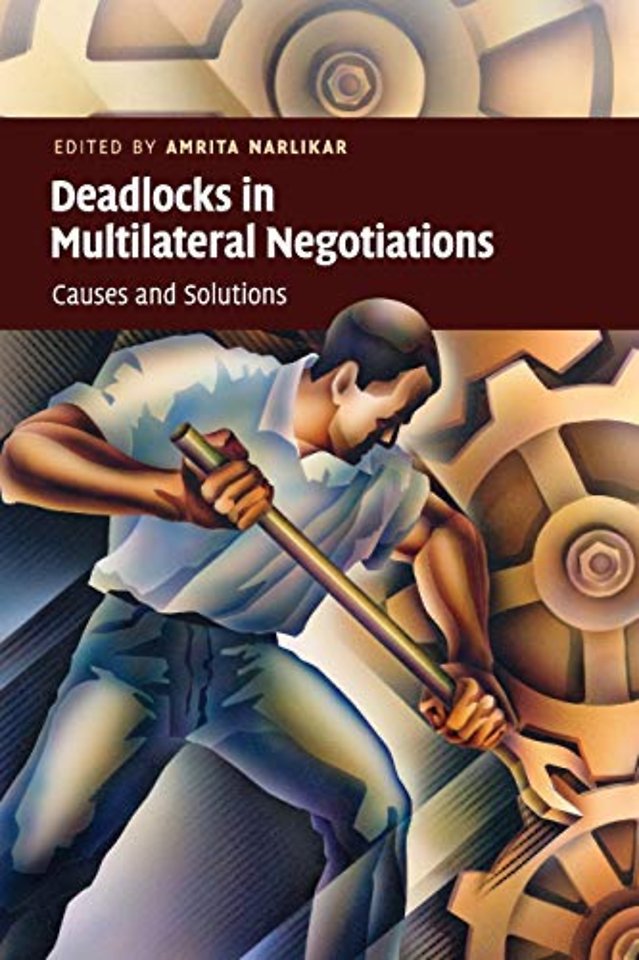Deadlocks in Multilateral Negotiations
Causes and Solutions
Samenvatting
Deadlocks are a feature of everyday life, as well as high politics. This volume focuses on the concept, causes, and consequences of deadlocks in multilateral settings, and analyses the types of strategies that could be used to break them. It commences with a definition of deadlock, hypothesises about its occurrence, and proposes solutions. Each chapter then makes an original contribution to the issue of deadlock – theoretical, methodological, or empirical – and further tests the original concepts and hypotheses, either theoretically or through case-study analysis, developing or altering them accordingly. This is a unique volume which provides an in-depth examination of the problem of deadlock and a more thorough understanding of specific negotiation problems than has ever been done before. It will be directly relevant to students, researchers, teachers, and scholars of negotiation and will also be of interest to practitioners involved in negotiation and diplomacy.

